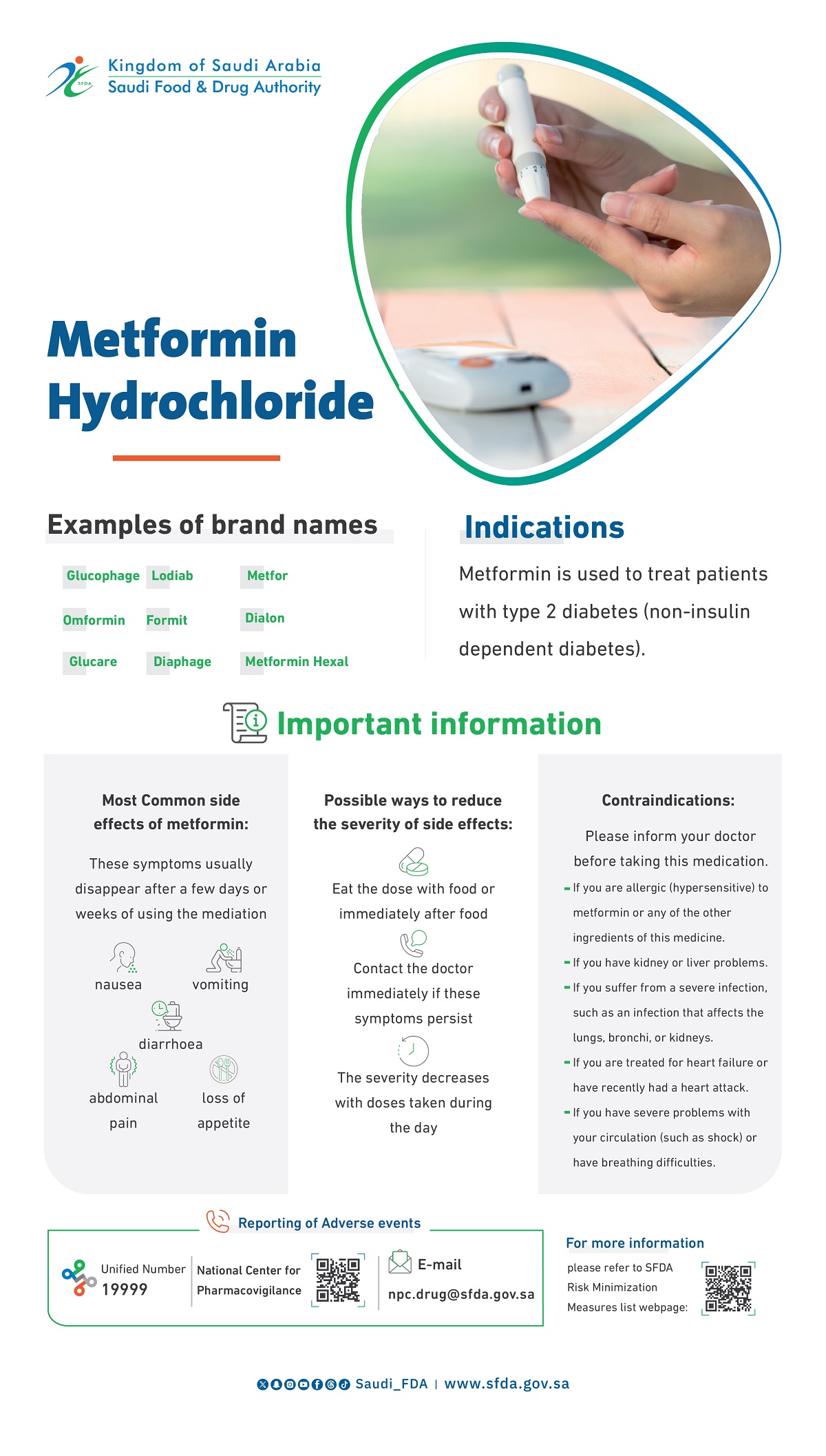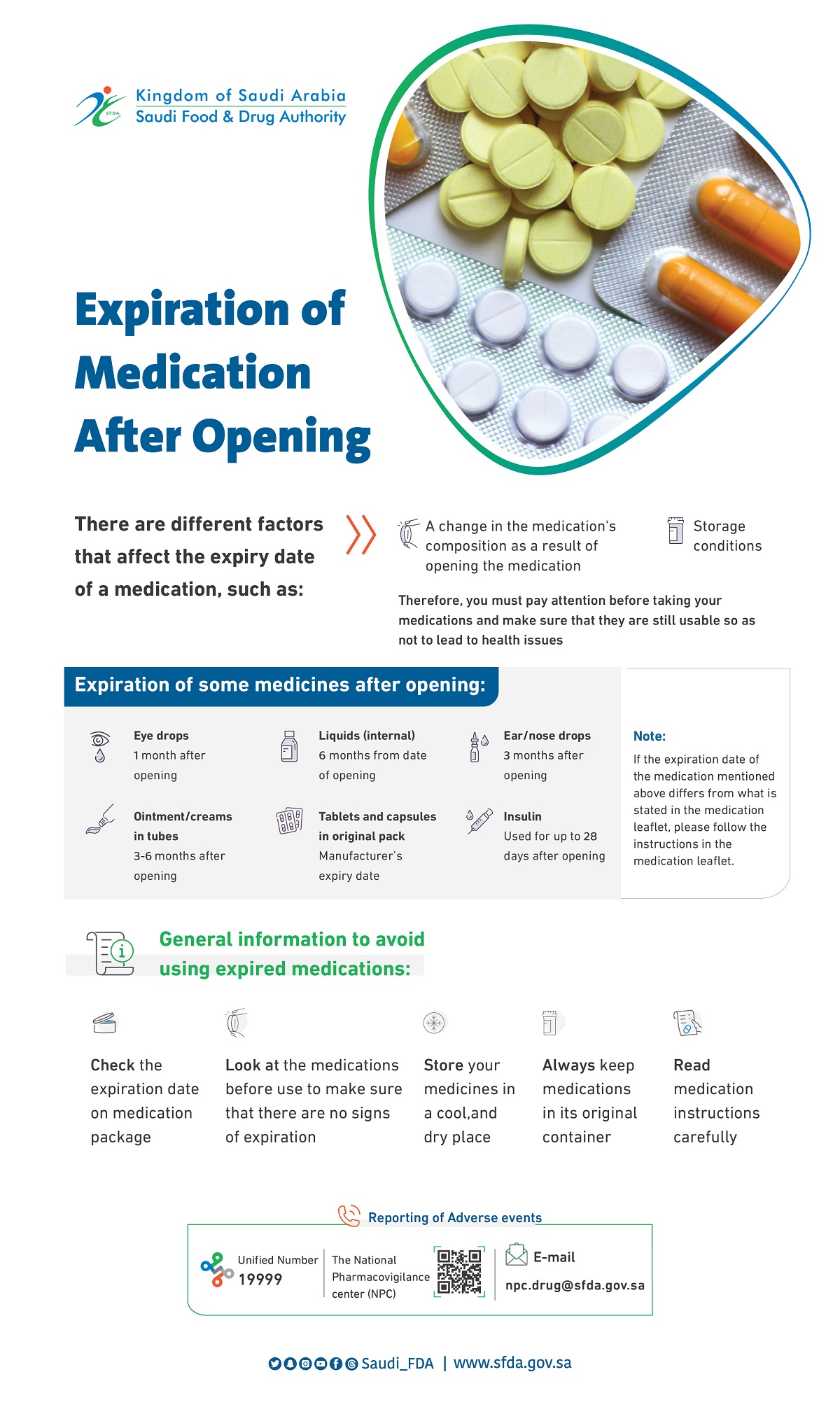

-
About SFDA
About SFDA
SFDA in vision 2030
Authority Strategy
Career and Life
- Information Lists
-
Areas
- Consumer Corner
- Media Centre
- Eservices
Vasopressin versus Norepinephrine Infusion in Patients with Septic Shock
Vasopressin versus Norepinephrine Infusion in Patients with Septic Shock
Vasopressin versus Norepinephrine Infusion in Patients with Septic Shock
2008-03-22
Vasopressin is commonly used as an adjunct to catecholamines to support blood pressure in refractory septic shock, but its effect on mortality is unknown. Authors hypothesized that low-dose vasopressin as compared with Norepinephrine would decrease mortality among patients with septic shock who were being treated with conventional (catecholamine) vasopressors.
In this multicenter, randomized, double-blind trial, authors assigned patients who had septic shock and were receiving a minimum of 5 µg of Norepinephrine per minute to receive either low-dose vasopressin (0.01 to 0.03 U per minute) or Norepinephrine (5 to 15 µg per minute) in addition to open-label vasopressors. All vasopressor infusions were titrated and tapered according to protocols to maintain a target blood pressure.
The primary end point was the mortality rate 28 days after the start of infusions.
A total of 778 patients underwent randomization, were infused with the study drug (396 patients received vasopressin, and 382 Norepinephrine), and were included in the analysis. There was no significant difference between the vasopressin and Norepinephrine groups in the 28-day mortality rate (35.4% and 39.3%, respectively; P=0.26) or in 90-day mortality (43.9% and 49.6%, respectively; P=0.11). There were no significant differences in the overall rates of serious adverse events (10.3% and 10.5%, respectively; P=1.00). In the prospectively defined stratum of less severe septic shock, the mortality rate was lower in the vasopressin group than in the Norepinephrine group at 28 days (26.5% vs. 35.7%, P=0.05); in the stratum of more severe septic shock, there was no significant difference in 28-day mortality (44.0% and 42.5%, respectively; P=0.76). A test for heterogeneity between these two study strata was not significant (P=0.10).
Low-dose vasopressin did not reduce mortality rates as compared with Norepinephrine among patients with septic shock who were treated with catecholamine vasopressors.
Source: NEJM; 358:877-887




